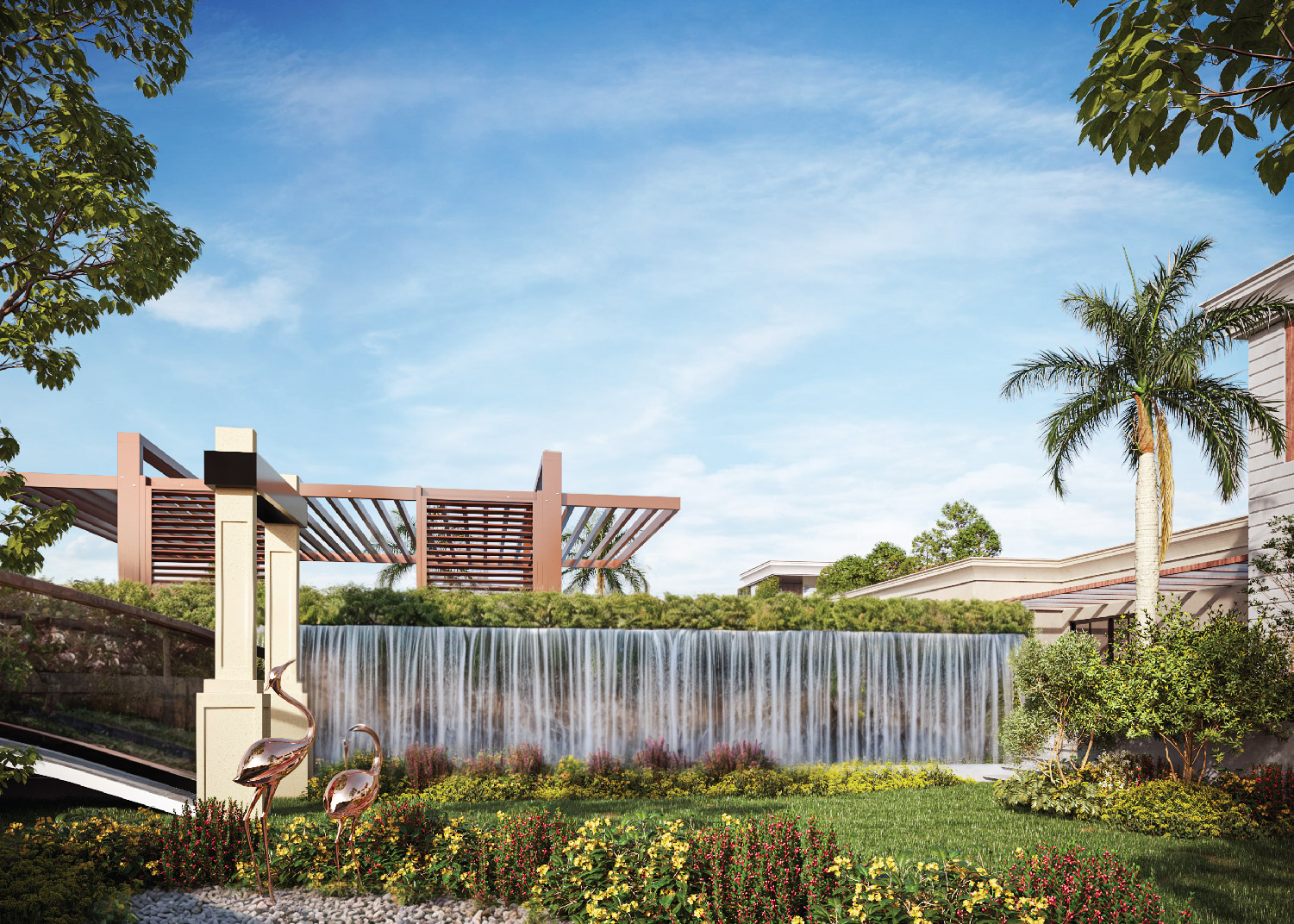
Ghana first-time homebuyer journeys begin with a powerful vision: a place to call your own, a secure investment for your family, and freedom from rental uncertainty. Buying your first property in Ghana is achievable in 2025, with residential values growing 5-10% annually and new government initiatives making homeownership more accessible. This Ghana real estate guide walks you through every step of the Ghana property buying process with confidence.
Why Homeownership in Ghana Changes Everything
Owning property transforms your financial future. While rental payments disappear each month, mortgage payments build equity you actually own. The median property price stands at approximately $110,000 nationally, with entry-level options starting as low as $20,000 in emerging areas. Accra starter homes in neighborhoods like Kasoa, Adenta, and Oyibi offer quality living at 40-50% less than central locations.
Beyond financial benefits, homeownership provides stability for raising families, freedom to customize your space, and pride in building something lasting. Ghana’s housing deficit of 1.8 million units ensures your property remains a valuable asset as demand continues outpacing supply.
Setting Your Budget and Exploring Financing Options
Ghana mortgage options have improved dramatically, with rates declining from over 30% in 2024 to 24-36% in 2025. Budget an additional 8-23% beyond purchase price for closing expenses including legal fees (2-8%), stamp duty (0.5-1%), property transfer tax (5-10%), and registration fees. For a property costing GH₵500,000, expect total costs of GH₵571,000-611,000.
Major banks offer competitive products: First National Bank provides loans up to GH₵1.6 million over 20 years. Republic Bank offers special rates of 11.9% for public sector employees. Absa Bank finances up to 90% of property value at 22% annually, requiring just 10% down payment.
Traditional mortgages are not your only path to buying a house in Ghana. Government programs like “My Home, My Peace” deliver subsidized units from just $13,220 for studios. Developer financing eliminates bank qualification barriers entirely. At Vaal Real Estate Ghana, buyers pay 30% down and finance the remaining 70% through 24-40 month installment plans at zero interest, proving far more accessible than bank mortgages charging 24-36% annually.
Pension-backed mortgages unlock retirement savings for home purchases. Ecobank offers up to $350,000 at 19% over 15 years when you assign Tier 3 pension contributions as security.
Finding the Right Location and Property Type
Location determines both your daily quality of life and long-term investment returns. For homeownership Ghana success, prioritize access to quality schools, proximity to your workplace, security features, nearby healthcare facilities, and developing infrastructure signaling future appreciation.
Kasoa leads for ultra-affordable entry at $20,000-$80,000. Oyibi provides similar value at $70,000-$150,000 with ongoing road improvements. Adenta suits young families seeking suburban living from $70,000. For higher budgets, Spintex offers excellent connectivity at $200,000-$350,000. In Kumasi, properties cost 50-70% less than Accra equivalents.
Navigating Property Verification and Due Diligence
Your Ghana property checklist starts by viewing multiple properties at different times of day. Talk to neighbors about ownership history and area issues. Verify properties online through meqasa.com and tonaton.com.
Due diligence protects you from the 30-40% fraud rate affecting major city transactions. Ghana’s Land Act 2020 requires licensed lawyers to draft all conveyances. Immediately engage a Ghana Bar Association member lawyer specializing in real estate and hire a licensed land surveyor for boundary verification.
Conduct official title search at regional Lands Commission offices revealing ownership status, liens, and encumbrances. Search the Collateral Registry for hidden financial claims. Physically inspect properties multiple times, including during rainy season. Your verification timeline requires 3-6 weeks minimum. Never skip this process regardless of seller pressure.
Warning signs of fraud include unrealistic prices, pressure for quick decisions, sellers unwilling to provide documentation, and cash-only demands. Always use traceable bank transfers, never cash. Meet actual property owners, not just agents.
Completing Your Purchase and Registration
Once due diligence clears, your lawyer drafts the Sale and Purchase Agreement. Ensure agreements include seller warranties about clear title and spousal consent obtained. Transactions without spousal consent are null and void under Ghana law.
Mortgage approval takes 4-8 weeks after submitting documentation. Pay stamp duty (0.5-1%) at Ghana Revenue Authority. Registration at Lands Commission takes 4-6 months for Title Registration in Greater Accra, or 6-10 weeks for Deed Registration elsewhere.
Starting Your Journey with Vaal Real Estate Ghana
At Vaal Real Estate Ghana, dedicated advisors provide personalized support throughout your buying process. Our Finance Department finds financial solutions tailored to your situation through flexible developer financing, partnerships with major lenders, or guidance on government schemes.
Current opportunities include Agora, a 21-floor luxury tower with studios from $99,000, and Villanova, Ghana’s first AI-powered residential compound with 3-bedroom villas from $745,000. Both accept 30% down payment with 70% financed through zero-interest installments.
Ghana property market rewards informed buyers with solid returns: 5-10% annual appreciation plus 8-12% rental yields. Contact Vaal Real Estate Ghana at 0800-888-888 or explore property investment opportunities.
Frequently Asked Questions
What down payment do I need as a first-time buyer in Ghana?
Traditional banks require 20-30% down payment. Developer financing at Vaal Real Estate requires 30% down with remaining 70% financed through zero-interest installments.
Can foreigners buy property in Ghana?
Yes, foreigners can own apartments without limitations. Foreigners obtain 50-year renewable leasehold interests for land. Vaal Real Estate welcomes both Ghanaian and foreign buyers.
How long does buying a house in Ghana take?
The complete process takes 2-6 months from initial offer to final ownership transfer for straightforward transactions, including property search, due diligence, contract negotiation, financing approval, and registration.
What financing alternatives exist beyond traditional mortgages?
Government subsidized housing programs, developer financing at zero interest, pension-backed mortgages, rent-to-own programs, and employer financing schemes all provide alternatives to traditional bank mortgages.
What are the most common first-time homebuyer mistakes?
Skipping due diligence, paying cash instead of using traceable transfers, proceeding without licensed lawyers, underestimating total costs, emotional decisions under pressure, and not verifying spousal consent for married sellers.